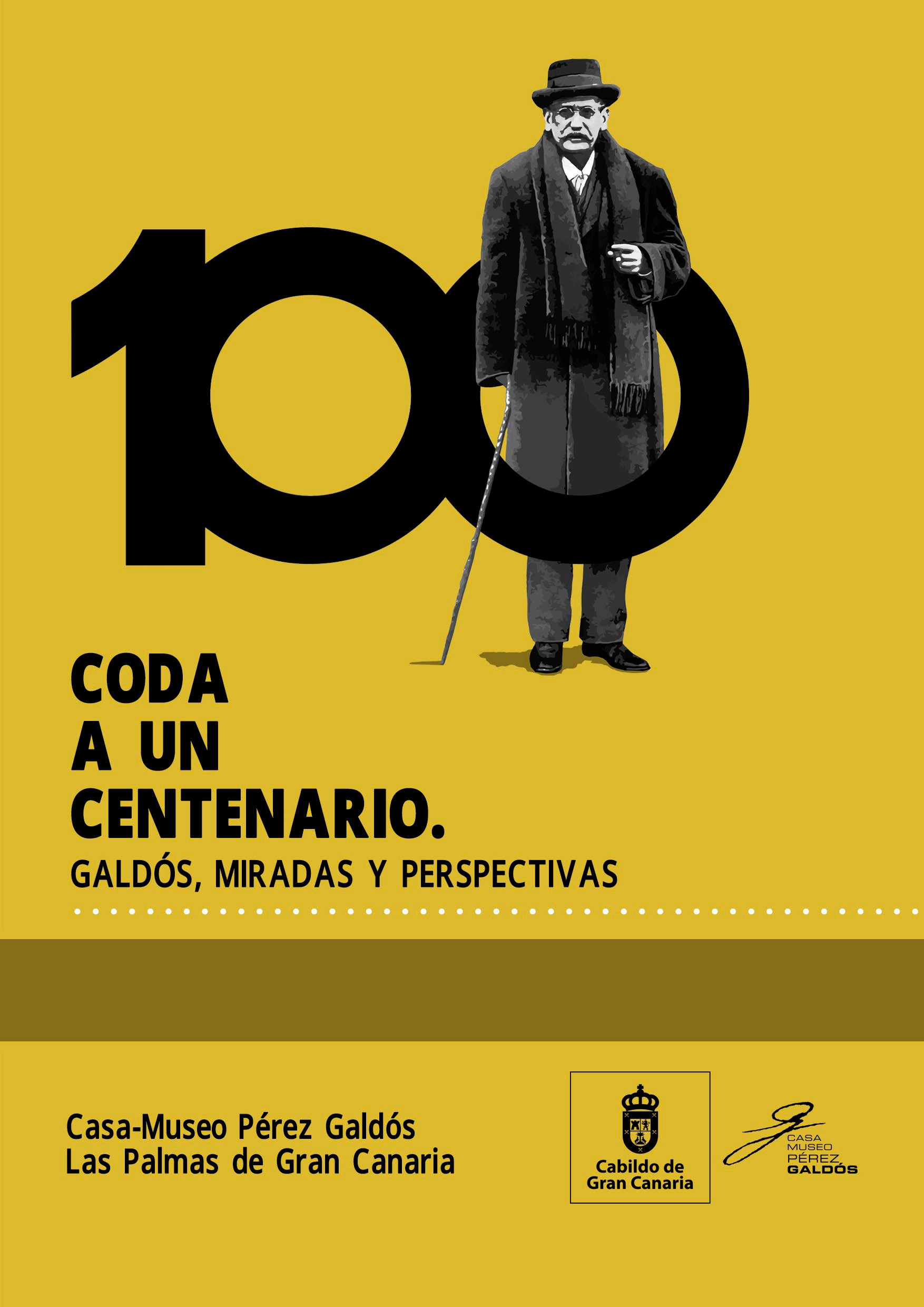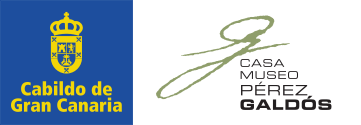INMUNIZANDO LA NACIÓN CONTRA LA DESINFORMACIÓN EN GERONA DE LA PRIMERA SERIE DE LOS EPISODIOS NACIONALES DE GALDÓS / IMMUNIZING THE NATION AGAINST DISINFORMATION IN GALDÓS’S GERONA FROM THE FIRST SERIES OF THE EPISODIOS NACIONALES
Palabras clave:
Gerona, Episodios nacionales, inmunizar, ecocrítica, el simulacro, la desinformación, ecocriticism, inmunization, simulacrum, desinformationResumen
Gerona (1874), la séptima novela de la primera serie de los Episodios nacionales de Galdós es la segunda novela que examina las condiciones de un cerco devastador de 1809 que diezma a la población durante la Guerra Peninsular. Como Zaragoza, la novela anterior a ésta, los habitantes luchan heroicamente contra las tropas francesas últimamente cayendo debido a la desigualdad que sitúa a los españoles en una posición inferior y más vulnerable. El patriotismo y heroicidad dominan en las dos novelas, pero en Gerona, el primer plano se enfoca más en el gran sufrimiento de la población al quedarse aislados y sin víveres durante el cerco. El aislamiento que corta a los gerundenses del especio exterior a la ciudad causa la degeneración en cada nivel de la sociedad y tiene su paralelo en la microhistoria del médico Nomdedeu y su hija enferma, Josefina. Siguiendo un análisis menos tradicional, este ensayo examina las consecuencias del aislamiento en el contexto de la ecocrítica. Este enfoque considera los efectos de la separación metafísica de los seres humanos del ámbito natural y material. Basado en el binario cartesiano que opone la cultura a la naturaleza, el sujeto (occidental) se encuentra más susceptible a la influencia de los hechos alternativos de la desinformación. En este ensayo, examino la táctica del disimulo que perpetua esa separación entre el sujeto humano y el entorno material dinámico (asociado con la Naturaleza). Una fuerza que contrarresta el aislamiento se encuentra en el auge del movimiento microbiológico que pretendía demostrar que la humanidad compartía el mundo con seres invisibles y una separación mental/metafísica solo perjudica el bienestar de la sociedad humana. En un nivel material la separación impide que el organismo aprenda a adaptarse a su entorno, y en el nivel metafísico, la separación del ser humano del entorno material/natural lo coloca en el éter de los signos que, y como demuestra Jean Baudrillard, provoca su susceptibilidad al ímpetu de la desinformación que inicia la época de la posverdad. / Gerona (1874), is the seventh novel from the first series of Galdós’s Episodios nacionales and the second to examine the consequences of a devastating siege in 1809 that decimates the population during the Peninsular War (1808-1814). As in Zaragoza, the previous novel in the series, the inhabitants fight heroically against the French troops ultimately being defeated due to the inadequate conditions placing the Spanish people in a vulnerable and weaker position. Patriotism and heroism are predominant themes in both novels, but in Gerona, the focus turns to the suffering within the walls of the city after the French tighten the siege preventing supplies from entering. The isolation that cuts the inhabitants from the exterior space beyond the city walls provokes societal degeneration at every level and follows a parallel development in the micro-story of the doctor Nomdedeu and his sick daughter, Josefina. Pursuing a less traditional analysis, this essay examines the consequences of the isolation of the city in the context of ecocriticism. This focus considers the effects of a metaphysical separation between human beings and the natural, material environment. Rooted in the rigid cartesian binary that opposes culture to nature, the (Western) subject is more susceptible to the influence of “alternative facts” from disinformation. This essay, then, examines the specific tact of dissimulation that is used to perpetuate the separation between the human subject and a material, dynamic environment (associated with Nature). A counter force un the novel that subverts this isolation tendency emerges in the rise of the microbiological movement that attempted to prove that humanity shared the world habitat with invisible beings and that a metaphysical disconnect from the phenomenological world endangers human societies. At a material level, the organism learns to adapt to its environment and at a metaphysical level, one is able to resist the pernicious influence of disconnected signs from their referents. Jean Baudrillard demonstrates that this disconnection is what opens the human actor to susceptibility to disinformation which opens the world to a period of post-truth.




